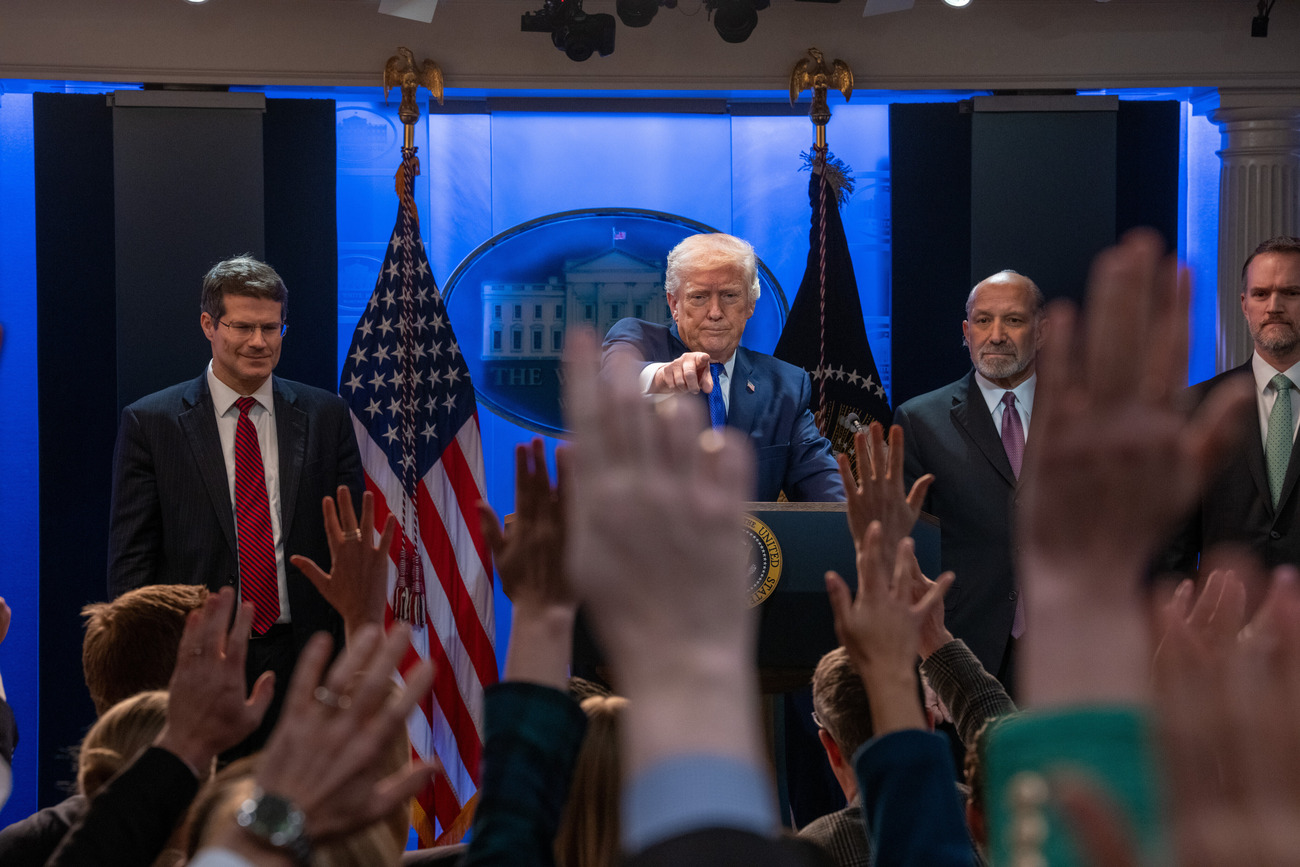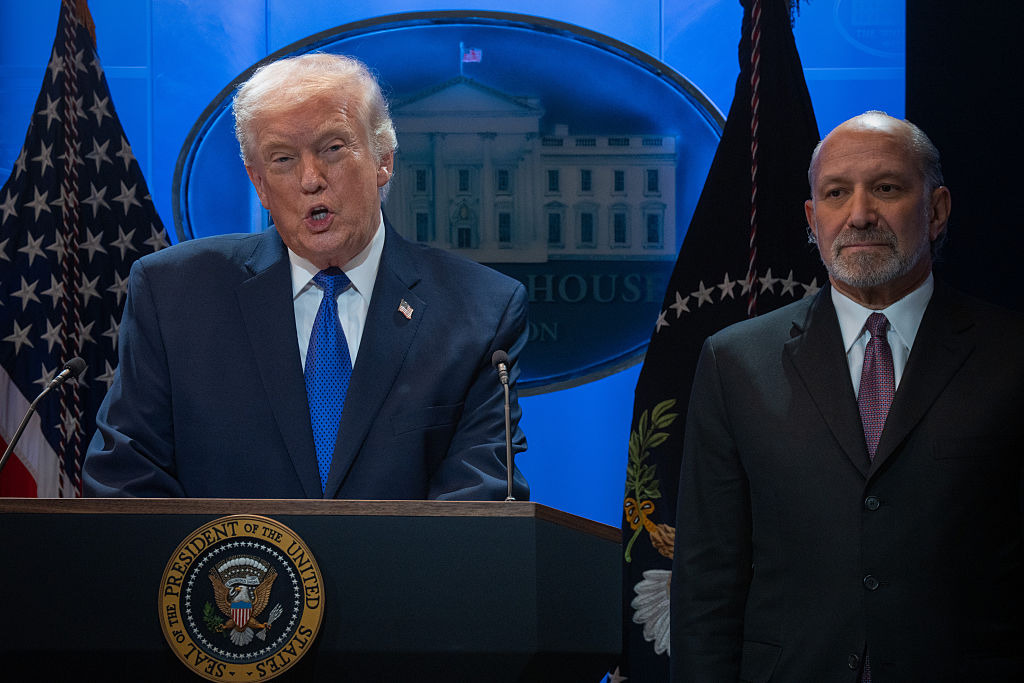Business Needs to Speak Up on Trade
Business Needs to Speak Up on Trade
"We are at a tipping point. If national leaders turn to protectionism for domestic political reasons, we'll likely see policies that do lasting damage to global trade flows" writes UPS CEO Scott Davis in an op-ed for The Wall Street Journal.
Global trade is a complex creature that requires cooperation across national borders and between governments and businesses. But what it delivers is simple: jobs and higher living standards.
Growth in trade since World War II has added an average of about $1 trillion a year to America's income (in 2003 dollars), according to economists at the Peter G. Peterson Institute for International Economics. And if the world's remaining barriers to trade and investment were to fall, global trade would add another $500 billion to domestic wealth creation each year.
That's the good news. The bad news is that the importance of trade and its value to our economy is being lost amid the current global economic crisis. There is an increasing number of voices calling for protectionist policies. For the first time in decades, trade is declining across the world. That should worry every American.
There is a mistaken belief that America can go it alone -- that by closing its borders to trade it can retain jobs and grow independent of the world. But that isn't true. The economy will not grow in isolation and enacting laws that require governments to "Buy American" or protecting specific industries -- such as agriculture -- from trade competition will only hurt economic growth. Trade barriers force us to pay more than we need to for goods and services and make it harder for our companies to compete.
Unfortunately, tough economic times encourage protectionism. In November, G-20 leaders pledged to reject protectionism. But as the World Bank noted recently, since November, 78 trade measures have been proposed or implemented by G-20 nations; 66 of them aim to restrict trade.
We are at a tipping point. If national leaders turn to protectionism for domestic political reasons, we'll likely see policies that do lasting damage to global trade flows.
If that happens, I and other free-trade proponents will have ourselves to blame for not standing up for free trade. The facts are on our side, but popular perception is not. Those who support free trade must stand up to be counted. Businesses have to be vocal and determined to knock down short-term political reactions that will have long-term consequences.
We also have to acknowledge that the benefits of global trade are not equally distributed. There are some who are displaced as economies compete in a global marketplace. We need to pay more attention to those who lose their jobs and help them find new professions with new skills.
Congress has recently reauthorized the Trade Adjustment Assistance Act, which provides funding for retraining displaced workers. This helps address the reality that global progress can carry a personal cost. By facing up to that cost, we can counter a potent and false argument against trade: That trade reduces the number of good paying jobs in America.
Trade actually generates jobs. The United States is the world's largest exporter of goods and services. It's total exports last year reached $1.8 trillion. The Treasury Department estimates that as many as 57 million Americans work for companies engaged in global commerce.
In my company, we can see how trade creates jobs. We create the equivalent of one new U.S. job for every 40 imported or exported packages we add to our total volume. Last year, we grew this portion of our business by more than 10%, creating thousands of quality jobs. Facts like these are what proponents of free trade must use to counter arguments against globalization.
I have confidence that reason will prevail, and we will get past the politics to create a trade system that is both workable and fair.
The current economic crisis is no reason for us to surrender to protectionist impulses. Recessions end. Economies heal. And for those who are prepared for the upturn, success will follow.
Scott Davis is chairman and CEO of United Parcel Service.








